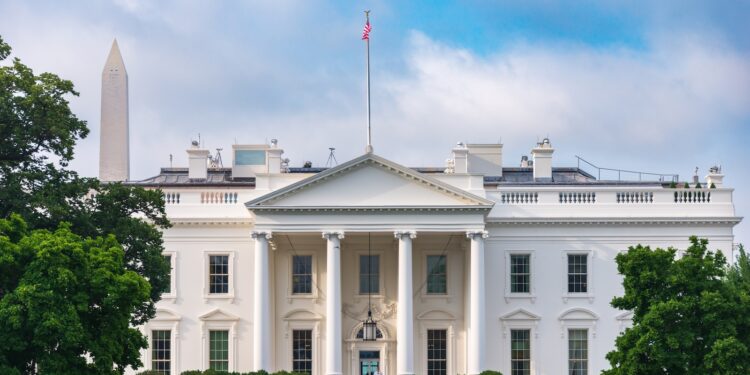Apple is currently going through a difficult phase. Not because of poor sales figures alone, but because of geopolitical tensions. The potential partnership with Chinese tech giant Alibaba to bring artificial intelligence to iPhones in China is causing a stir in the US. US authorities fear that Apple is supporting China's AI development – possibly even at the expense of national security.
If you only associate Apple with iPhones, Macs, and software, you're missing an important development: The company is investing heavily in artificial intelligence. Apple Intelligence is designed to make the iPhone smarter—including through the integration of ChatGPT. But because this solution isn't available in China, Apple needs a local partner. And that's precisely where the political problem begins.
Why Apple is approaching Alibaba
Apple has announced its own AI package, Apple Intelligence, which will use ChatGPT from OpenAI, among other things. However, OpenAI is not approved in China. Therefore, Apple had to look for an alternative to offer its AI functions on the Chinese market. In recent months, Apple has been reviewing several potential partners in China. The options included Baidu, Tencent, and DeepSeek. Now it appears that Apple has chosen Alibaba. Its AI model Qwen is considered powerful and has strong development potential. Apple has not yet officially confirmed the collaboration with Alibaba, but Alibaba's CEO has already made public statements in this direction.
Why Washington is reacting
This development has not gone unnoticed in the United States. White House officials and members of the House Select Committee on China have directly approached Apple executives about the planned partnership. They wanted to know what legal obligations Apple would have to accept in a collaboration with Alibaba—particularly with regard to Chinese laws and potential data sharing.
- The concern: Apple could provide Chinese authorities or companies with access to sensitive data. Lawmakers and national security agencies view Alibaba as a company with close ties to the Chinese Communist Party. Some even draw parallels to TikTok—a platform already under scrutiny in the US due to similar concerns.
Democratic Representative Raja Krishnamoorthi, a member of the House Intelligence Committee, called the potential deal "extremely disturbing." He argued that Apple could directly contribute to strengthening China's AI industry at a time when the US is competing with China in the global AI race.
Discussion about consequences
In the US, there are now rumors about placing Alibaba and other Chinese AI companies on a so-called blacklist. This would prohibit US companies like Apple from cooperating with them. The Department of Defense and intelligence agencies are also reportedly currently investigating whether there are any connections between Alibaba and the Chinese military. If this is confirmed, official cooperation for Apple would be virtually impossible.
Apple under time pressure
The clock is ticking. Apple has not yet released a concrete plan for when Apple Intelligence will launch in China. At the same time, iPhone sales in the country are declining, and pressure on Apple is growing. The next generation of iPhones is expected in the fall, and without a local AI partnership, Apple could struggle to win over Chinese buyers. The stakes are high for Apple. The company wants to drive innovation while also not jeopardizing its global business relationships—especially at a time when it is under scrutiny in many markets.
Apple between innovation and geopolitical risk
Apple wants to launch Apple Intelligence globally. But in China, the company relies on a local AI partner. The choice appears to have fallen on Alibaba – a company that is causing mistrust in the US. Concerns are growing in Washington that Apple is inadvertently strengthening Chinese AI systems through the collaboration. The US government is considering possible countermeasures. At the same time, Apple must decide how to proceed – especially with the next iPhone generation on the horizon. The next few weeks could be crucial for how Apple deals with China, AI, and geopolitical pressure in the future. (Image: Shutterstock / Zack Frank)
- iPhone shipments in China collapse: Apple loses market share
- Trump demands a halt to iPhone production in India





